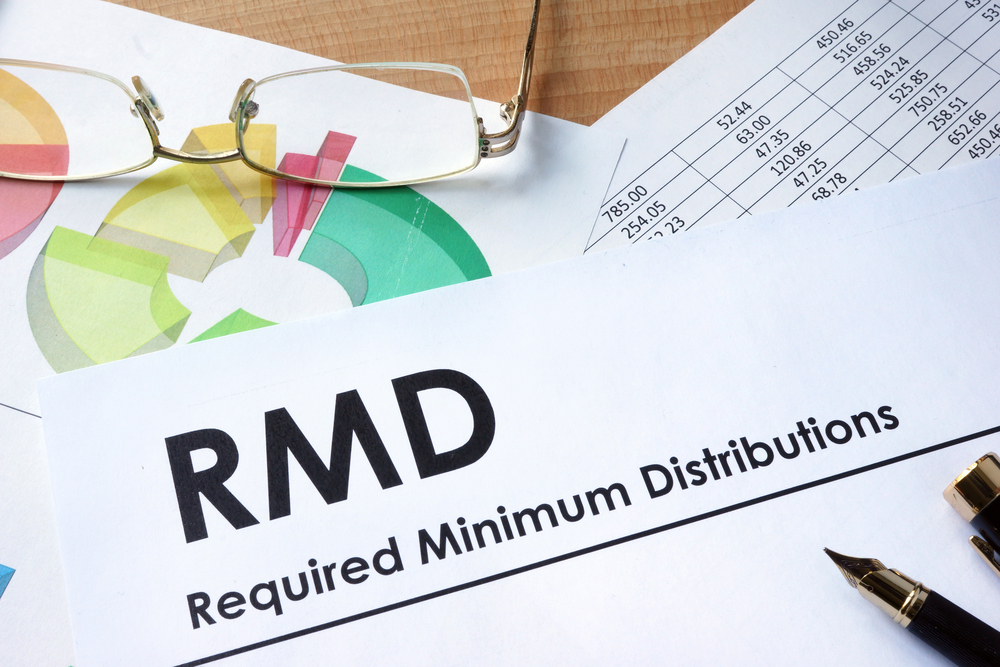Last month, we posted information about how the SECURE Act has increased the age for required minimum distributions (RMDs) from 70-1/2 to 72 starting this year, 2020.
If you turned age 70-1/2 in 2019, your RMDs were required for the 2019 tax year, and WILL BE required for 2020, 2021 and every year from now on.
For everyone turning 70-1/2 in 2020, your RMDs will not be required until the year you turn 72, even if you have received notification from your custodian to the contrary.
Because the law was passed and became effective within two weeks of passage, automated computer notifications and settings have not been changed yet. Call us if you have any questions!
LET’S MEET ABOUT YOUR ESTATE PLAN
Remember that inherited “stretch IRAs” have been shortened to 10 years in many circumstances due to the passage of the SECURE Act.
Let’s get together and discuss how this may affect your current estate plan, what burdens your heirs may face, and what we need to do now in conjunction with your estate attorney.
SECURE ACT CHANGES FOR EMPLOYEES AND EMPLOYERS
- PART-TIME EMPLOYMENT ELIGIBILITY
Unless there is a collectively-bargained plan in place (such as a union agreement), you may be eligible for your employer’s 401(k) or similar retirement benefit plan even if you work part time. If you have worked for your employer for one year consecutively for at least 1,000 hours, or for three consecutive years for at least 500 hours (roughly 25 work-weeks of 20 hours per week), you will be eligible.
- ANNUITY OPTIONS IN 401(k) PLANS
Even though employers were already allowed to offer annuities in their 401(k) plans, only about 9% of them did. The SECURE Act shifts the burden of legal liability away from employers who offer annuities in their plans; you will need to be diligent about examining them before choosing. (We can help you with this.) The DOL will require standardized monthly retirement income projections to help you compare; they are expected to issue guideline regulations about this in the coming months.
- ANNUITY PORTABILITY
Within a retirement plan, an annuity portability requirement has been added by the SECURE Act. If an annuity offering is removed from a 401(k) plan menu, you will be able to roll that annuity investment over into your own IRA with no penalty.
- FOR EMPLOYERS
The SECURE Act raised the tax credit for employers to $15,000 to set up, administer and educate employees about retirement plan changes over a three-year period. (NOTE: Employer contributions to 401(k) plans have been and still are tax deductible.) There is a new tax credit of $500 per year for automatic enrollment of employees into a company’s 401(k) plan—and the cap for auto enrollment has been raised from 10% to 15% of wages.
If you have any questions about this information, please don’t hesitate to call our office!
You can reach Cole Koeniger at 973.434.8172.

